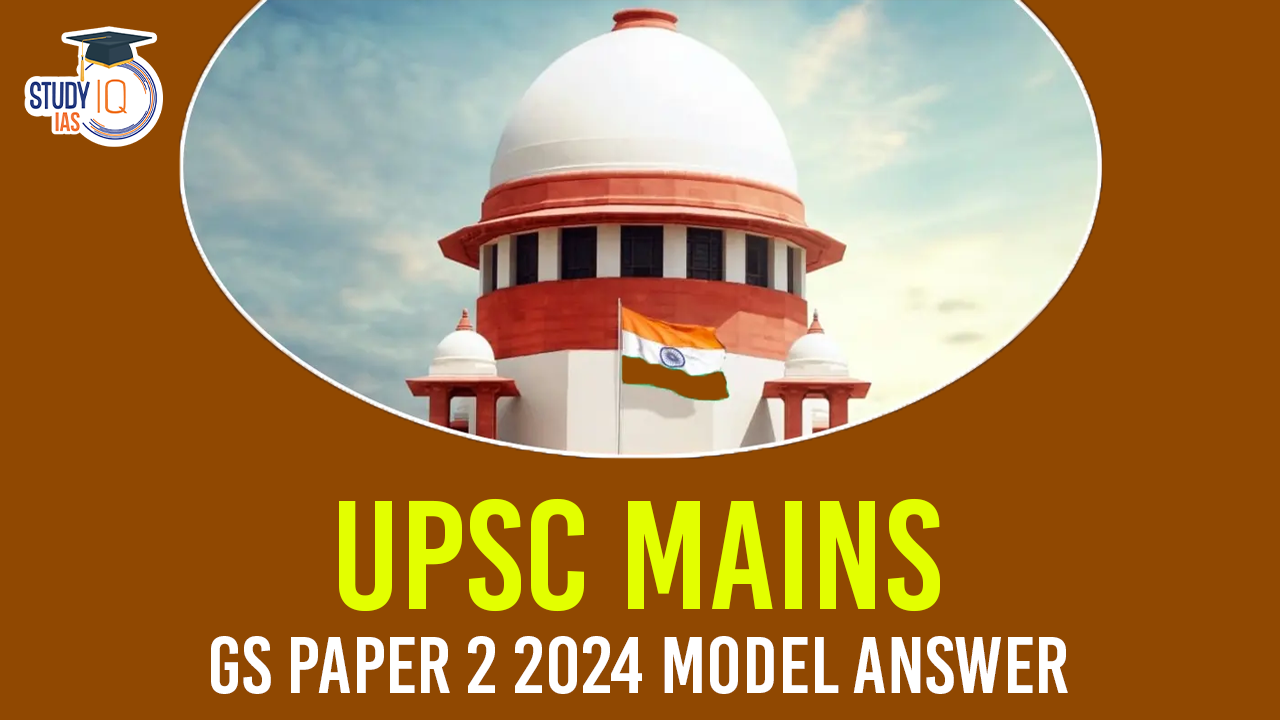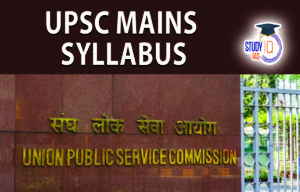Table of Contents
Introduction:
- Context: Centre-State relations are a vital aspect of India’s federal structure, impacting governance and policy implementation across the country. The dynamic interplay between the Union Government and State authorities shapes the nation’s political landscape.
- Highlight Recent Changes: Recently, the Union Government has introduced several changes aimed at redefining these relations, reflecting an evolving understanding of federalism in contemporary India.
Recent Changes in Centre-State Relations
Positive Changes
- NITI Aayog’s Role: Strengthening the role of the NITI Aayog in facilitating cooperative federalism and collaborative decision-making between the Centre and States.
- Example: NITI Aayog has conducted workshops with State governments to develop tailored strategies for achieving Sustainable Development Goals (SDGs).
- Finance Commission Recommendations: Implementation of the 15th Finance Commission’s recommendations for better fiscal management and resource distribution, enhancing state revenues.
- GST Council: Continued focus on the Goods and Services Tax (GST) framework to streamline tax collection and distribution, fostering a more equitable revenue-sharing model.
- Disaster Management: Enhanced cooperation in disaster management through the National Disaster Management Authority, ensuring states receive timely assistance and resources during crises.
- Example: The Centre provided immediate support to States affected by Cyclone Amphan in 2020, showcasing a coordinated disaster response.
- Health Sector Initiatives: Initiatives like Ayushman Bharat and the National Health Mission emphasize collaborative approaches in healthcare delivery.
- Example: National Health Mission: Collaborative efforts between Centre and states for healthcare.
Negative Changes
- Increased Centralization: There has been a trend towards centralization, with the Centre exerting more control over state matters, leading to tensions over autonomy.
- GST Implementation Challenges: While the GST aimed to unify tax systems, states have raised concerns over revenue shortfalls and the distribution of GST compensation, straining relationships.
- Example: Several States, including Maharashtra and West Bengal, have publicly expressed dissatisfaction over the delay in GST compensation payments.
- Disputes Over Legislative Powers: Conflicts have arisen over subjects listed in the State and Concurrent Lists, with the Centre sometimes encroaching on state jurisdiction, leading to legal challenges.
- Policy Implementation Gaps: States have faced challenges in implementing centrally sponsored schemes due to differing priorities and bureaucratic hurdles, creating friction in cooperation.
- Emergency Provisions Usage:The frequent invocation of provisions like Article 356 (President’s Rule) has raised concerns about misuse and the undermining of state governments.
- Resource Allocation Issues: Disparities in financial allocations and delays in fund releases for development projects have led to distrust among states regarding the Centre’s commitment.
- Crisis Management: The COVID-19 pandemic exposed weaknesses in coordination and resource sharing between the Centre and states, highlighting the need for more collaborative crisis management.
- Political Interference Allegations of political interference in state governance by the Centre have raised questions about the impartiality of federal relationships.
Measures to Build Trust and Strengthen Federalism
- Regular Dialogue: Establish regular meetings between the Prime Minister and Chief Ministers to discuss pressing issues and policy implementation.
- Transparent Communication: Foster transparent communication channels to address grievances and concerns, ensuring states feel heard and valued.
- Equitable Resource Allocation: Ensure fair and timely distribution of central funds to states, particularly for development projects, infrastructure, and social welfare programs.
- Empower State Legislatures: Encourage states to enact laws reflecting their unique needs and circumstances, respecting their autonomy in legislative matters.
- Capacity Building: Invest in capacity building for state governments to enhance their governance capabilities and efficient service delivery.
- Conflict Resolution Mechanism: Create an independent mechanism to address conflicts between the Centre and States, ensuring disputes are resolved amicably and fairly.
- Public Participation: Involve local communities and stakeholders in decision-making processes to enhance accountability and trust in governance.
Strengthening Centre-State relations through collaboration and trust is vital for effective governance, ensuring equitable development, and upholding the principles of federalism in India.
| Related Post | |
| UPSC Mains GS 1 Question Paper 2024 | UPSC Mains GS 1 Analysis 2024 |
| UPSC Mains Essay Question Paper 2024 | UPSC Mains Essay Analysis 2024 |
| UPSC Mains GS 2 Question Paper 2024 | |


 NCERT Books for UPSC Preparation, Check ...
NCERT Books for UPSC Preparation, Check ...
 UPSC Syllabus 2025, Check UPSC CSE Sylla...
UPSC Syllabus 2025, Check UPSC CSE Sylla...
 UPSC Mains Syllabus 2025, Optional Sylla...
UPSC Mains Syllabus 2025, Optional Sylla...





















